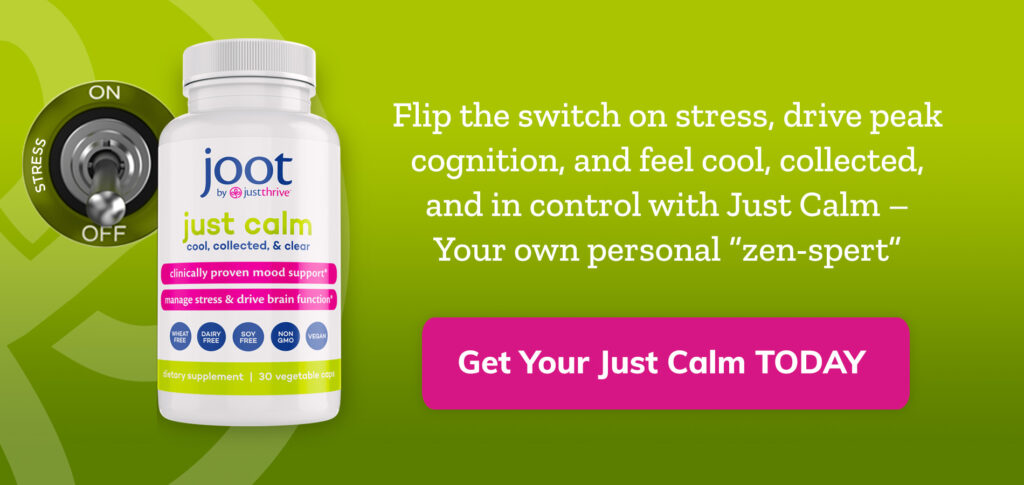If you think excessively about sickness and well-being, you may be suffering from health anxiety. Find out more about this mental condition and the ways to manage it.
7 Critical Questions about Health Anxiety Answered
1. What Is Health Anxiety?
Also known as illness anxiety disorder, it is the overwhelming or excessive preoccupation of illness. This is despite the medical evaluations and doctors’ opinions stating otherwise.
Under the MSD Manuals, it falls under somatic symptoms and related disorders. Somatic symptoms disorder refers to an intense focus or attention to the symptoms, which may only result in emotional distress or even more physical stress.
Before, doctors refer to health anxiety as hypochondriasis, but the medical community already abandoned the term.
2. Why Does It Occur?
Anxiety is one of the most common mental problems in the world today, and yet it is complex and sometimes difficult to understand.
Health anxiety can happen for a variety of reasons:
- You may have been diagnosed with a serious illness before.
- You may have experienced emotional trauma involving death in the family or someone close because of a specific sickness.
- Despite the many tests, the doctors cannot provide an official diagnosis of your medical symptoms.
- The media may even influence your sense of thinking. During the height of the Ebola epidemic, the Centers for Disease Control and Prevention (CDC) received more than 4,500 false alarms.
- You are not getting well even if you’re already taking medications or supplements.
- You fear death.
- The doctor diagnosed you with a medical condition that can cause specific changes in the body. An example is hypothyroidism, which studies had shown may have a link with anxiety.
What is hypothyroidism? It is a condition characterized by an underactive thyroid gland.
3. Who Are Prone to Illness Anxiety Disorder?
Illness anxiety disorder affects both men and women equally, but the following may also be prone to the condition than the general population:
- Individuals who are already diagnosed with a general anxiety disorder or post-traumatic stress disorder (PTSD)
- Those who are showing symptoms of anxiety disorders
- People who are going through significant life events
- Older adults or seniors
- Those who like to search for their symptoms online
- People who struggle with sleep
- Individuals diagnosed with a preexisting medical condition such as hypothyroidism
4. What Are the Symptoms of Health Anxiety?
As a form of anxiety, one of the hallmarks of the condition is obsessive worry or fear. It will manifest in the following actions:
- Constant or persistent research about your medical symptoms
- Doctor hopping
- Desire to obtain multiple doctors’ opinions
- Social isolation or withdrawal
- Need to get your affairs in order
- Reckless behavior such as substance abuse or needless spending as a way to cope with the worry
- Demand for repetitive medical tests
- Heavy monitoring of vital signs and medical results
- Extreme dieting or exercise
You may also experience other general symptoms of anxiety:
- Changes in sleeping habits and eating patterns
- Hyperventilation or fast breathing
- Trembling sensations
- Restlessness
- Fatigue or lethargy
- Gastrointestinal issues such as an upset stomach and bloating
- Nausea
- Difficulty in focusing or concentrating
- Excessive sweating
RELATED: Five Natural Hacks To Defeat Anxiety
5. When Is the Best Time to Seek Help?
You should consider seeking help if the symptoms above persist for at least six months or when they already take over your life.
Your anxiety may already be preventing you from going to work or to school. You may no longer enjoy the things you used to do.
The first person you may approach is your general practitioner, who can perform some tests to confirm your medical symptoms. If they suspect you may be having health anxiety, they may refer you to a psychologist, therapist, or counselor.
6. Why Is It Essential to Seek Help?
Anxiety is normal, and in fact, it’s a body’s natural mechanism to warn you of threats. Imagine this: if you don’t feel anxious when there’s a storm coming, you may not prepare for it.
The problem is when it becomes too much that you have a hard time coping with it. This is because the body’s chemical composition changes when you’re feeling stress.
For example, it releases hormones such as cortisol. What it does is it raises your heart rate, blood pressure, and blood sugar or glucose, so you’re ready to fight or leave when facing a threat.
When you’re overly anxious, the body only produces stress hormones even when it doesn’t have to. In turn, it constantly raises your biomarkers such as glucose, blood pressure, and heart rate.
Over time, chronic stress can lead to chronic diseases like heart disorders or blood pressure. It may even cause changes in your gut.
Health anxiety also has an impact on the way you seek healthcare. It may lead to distrust in your doctor or even the medical profession.
You may avoid getting help for real illnesses or end up self-medicating, which is dangerous. You may also subject yourself to unnecessary and expensive tests.
Most of all, it can rob you of joy and peace. Your worry may isolate you from friends and family, which can only worsen your feelings of depression and anxiety.
7. How Do You Manage Health Anxiety?
There’s no one-size-fits-all solution when it comes to the condition, but you can definitely learn how to stop health anxiety symptoms. Two of these are cognitive behavior therapy and mindfulness.
Cognitive Behavioral Therapy (CBT)
In a 2017 UK study, the researchers revealed cognitive behavioral therapy or CBT may be more efficient than standard care in treating health anxiety. Even better, the positive effects of the therapy remained even after two to five years.
CBT is a technique that involves altering the way a person thinks about their negative thoughts and emotions to effect a positive change in behavior and habit. Based on the study, what makes it even more beneficial is the fact one may perform CBT with even minimal training.
Mindfulness
Together with meditation, mindfulness can work in overcoming the symptoms of health anxiety. Both can involve being more aware of the present and being more in tune with the sensations happening in the body and the mind.
A 2013 study in the Journal of Clinical Psychiatry showed that mindfulness-based stress reduction (MBSR) program may be just as effective if not better than stress management education in managing anxiety.
There are different ways to practice meditation and mindfulness, and one of these is by using Urban Monk audio tracks that change the brainwave patterns.
They can help shift your brain’s waves from beta to alpha, which is a relaxed state while being awake. Beta waves are what you create when you’re using reason and logic to analyze everything.
You can experience health anxiety for many reasons, but what’s more important is you can know how to overcome health anxiety. It may be complex to deal with, but it’s highly treatable as long as you’re open to proper help.
Up Next:
- Fermented Foods May Help With Social Anxiety… What?!
- Four Meditations That Will Blow Your Mind
- 9 Herbs For Memory And Concentration
You May Also Like…




